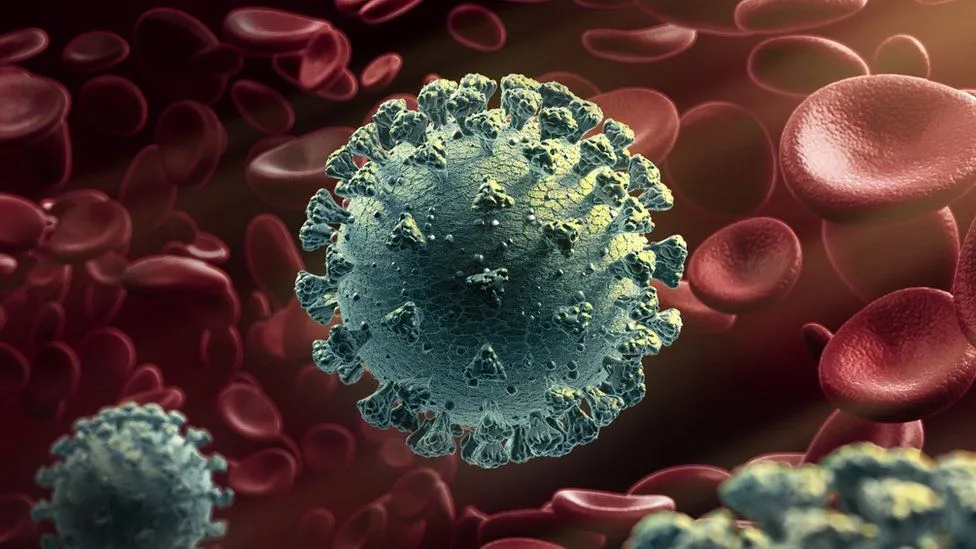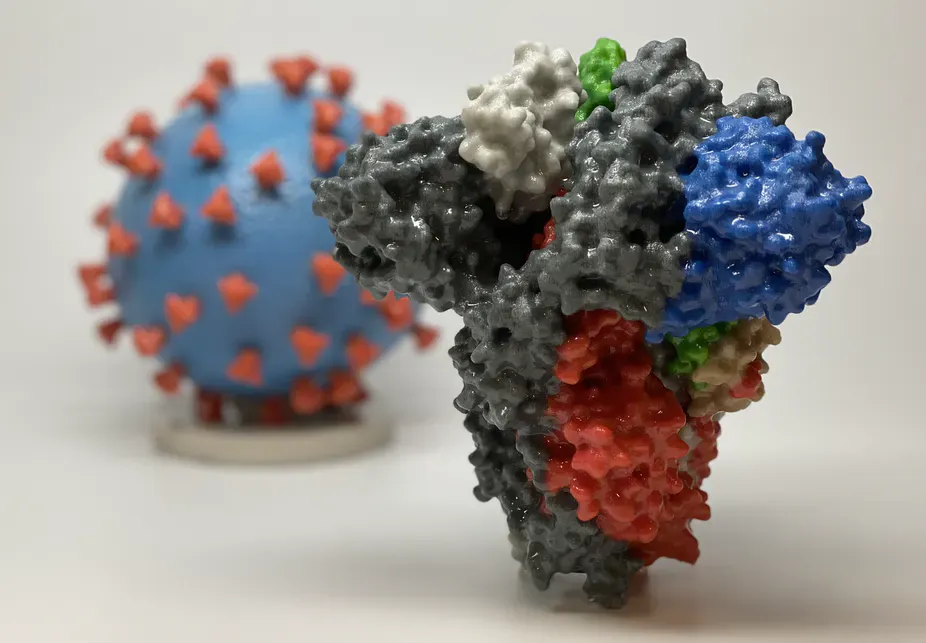
Source
Since human beings began to be infected by viruses, we also began to look for ways to counteract the undesirable effects of these infections.
As a consequence of these protection mechanisms, the molecular structures of viruses began to mutate, developing new mechanisms to gain entry into our cells. This phenomenon is called "mutation."
When a virus enters our cells, it begins to replicate and frequent changes occur in some of the amino acids that make up the virus proteins. As a consequence, the molecular structure is altered, and with it the properties of the virus.

Source
New variants of SARS-CoV-2
Currently, new versions of the virus are appearing. This is because at the beginning there were no methods to combat it, we were more susceptible, therefore, the transmission occurred in its native form.
Today, many people have already passed the infection and have antibodies against the virus. The use of allows to avoid contagions with good ventilation, and a global vaccination process has also begun.
These protection measures have caused changes (mutations) in the molecular structure of the virus, one of which is the increase in its ability to interact with the cell receptor.
The variants of SARS-CoV-2 that are worrying scientists, due to their speed of transmission, are the Brazilian, the South African and the British.
One of these mutations consists of a change in the structure that allows binding to the cell receptor, therefore contagion is faster and the spread can be greater, in addition to favoring binding to the receptor, it could make the virus more resistant to antibodies, thus increasing reinfections or decreasing the effectiveness of vaccines.
These variants can favor the spread in non-human species, which would allow the appearance of new strains that are more dangerous for people.
Conclusion
As new variants of the virus continue to emerge, there will be a greater number of infections and consequently, a greater number of victims.
Elderly people would be the most vulnerable because their bodies have less production of antibodies that are our natural protection, although all, in general, are susceptible to contagion and it is increasingly difficult to treat the sick.
The circulation of these variants will also affect the efficacy of vaccines and the frequency of reinfections,
Most of the studies have been carried out in in-vitro tests, which do not take into account the complex immune response that is generated in an organism. By confirming the lower effectiveness of the vaccines on these variants, it would imply that the vaccines would have to be updated based on the appearance of new strains, which would slow down the immunization process at a global level.
For all the above, we can assume that we still have a long way to go in this process of fighting the virus and humanity will have to continue modifying their daily routines of life in order to achieve survival.
@juanmolina

About Us

JOIN OUR Discord
Web Site | Telegram | Discord | Instagram | Twitter | Facebook | Youtube
